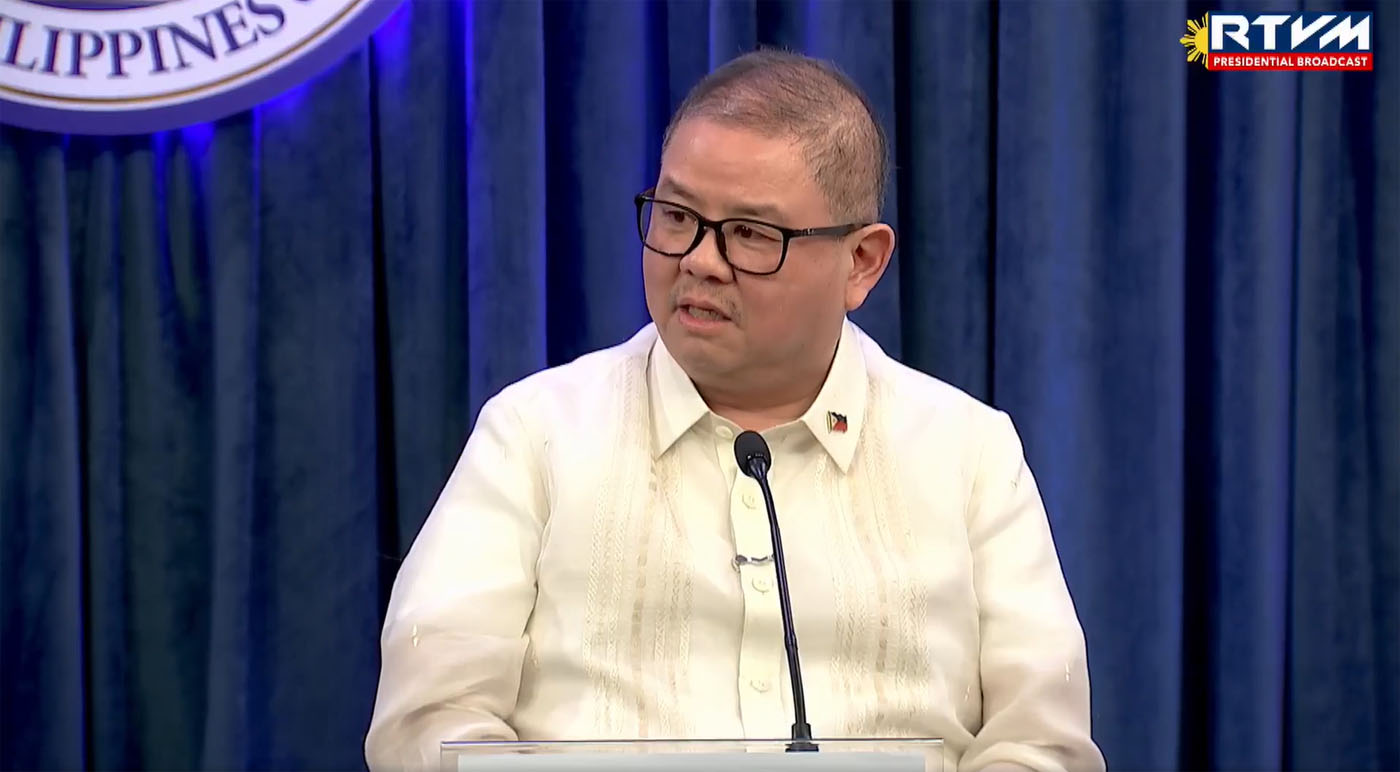
The agriculture department made an assurance Tuesday that there is sufficient rice supply in the country based on the inventories made in December and January, in addition to the upcoming rice deliveries from overseas.
“As far as supply is concerned we have enough supply of rice – December, medyo healthy ang ating stocks. January, is healthy, there’s additional rice coming. But as far as the price is concerned, mahirap ma-predict, ang problema iyong world price is tumataas eh ‘no dahil sa El Niño,” Agriculture Secretary Francisco Tiu Laurel said in a press briefing in Malacañang.
Laurel pointed out that even rice-producing countries like Thailand and Vietnam also experience high rice prices. “Ang prices ng bigas sa Thailand, which is a major rice- producing country and Vietnam ay tumataas din as of the moment eh, so even Malaysia and Indonesia tumataas din. So, we have to really manage the situation and we are looking at it on a day-to-day basis,” he pointed out.
According to Laurel, the country has an ending rice stock of 20 million tons last year and it is eyeing for similar volume this year because of the possible effects of the El Niño phenomenon that is forecasted to persist until April.
As to the status of the Philippines’ five-year rice agreement with Vietnam, Laurel said they already have a working draft for a Memorandum of Agreement (MOA), hoping that both countries could sign it during President Marcos’ trip to Vietnam later this month.
Among the salient points of the agreement include providing guarantees to the Philippines of rice supply even during calamity situation.
“So that is part of our food safety. So that is good for us,” Laurel said.
Also according to the DA chief, the government has to invest more in farm-to-market-roads and irrigation facilities to ensure agricultural product availability at affordable prices.
In terms of irrigation system, the government has to invest P1.2 trillion to fully irrigate the country’s 1.2 million hectares of unirrigated land, he said, noting accomplishing it could boost the government’s rice self-sufficiency goals. PND

